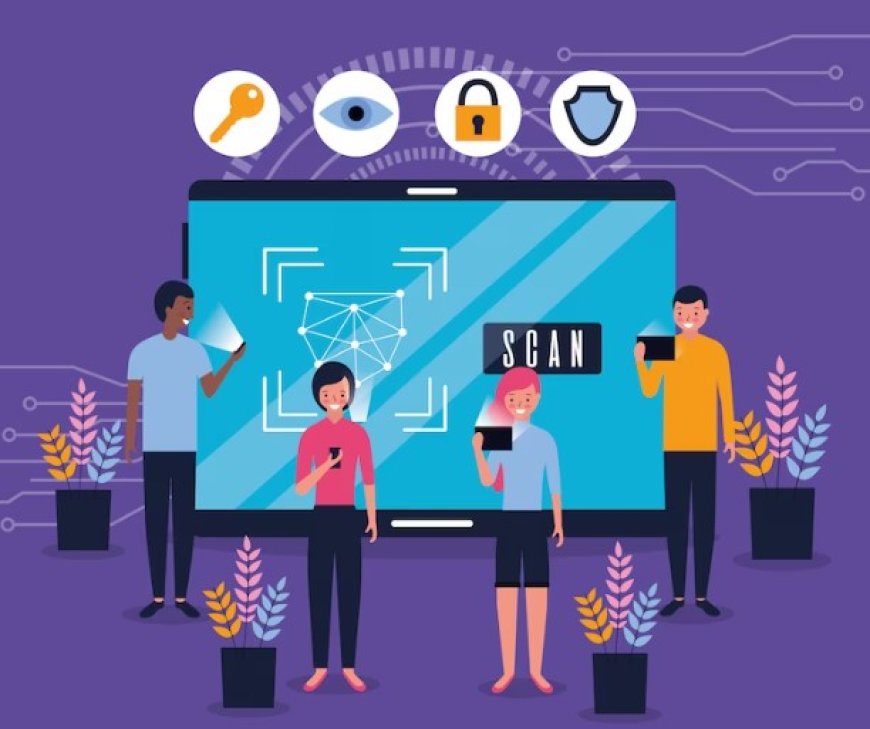
The world of mobile app development is dominated by two major players: iOS and Android. Each platform has its unique characteristics, strengths, and challenges. For businesses and developers looking to create mobile applications, understanding these differences is crucial for success. Let’s explore the key distinctions between iOS and Android app development.
Programming Languages
iOS Development
iOS app development primarily uses two programming languages:
- Swift: A modern, powerful language developed by Apple
- Objective-C: An older language still used in some legacy projects
Android Development
Android developers mainly work with:
- Kotlin: The preferred language for Android development
- Java: A widely-used language with a long history in Android development
Development Environment
iOS Development Tools
iOS developers typically use:
- Xcode: Apple’s integrated development environment (IDE)
- iOS Software Development Kit (SDK)
Android Development Tools
Android developers often work with:
- Android Studio: The official IDE for Android development
- Android SDK
Design Philosophy
iOS Design Principles
iOS follows Apple’s Human Interface Guidelines, emphasizing:
- Simplicity and minimalism
- Consistency across apps
- Intuitive user experience
Android Design Principles
Android adheres to Material Design guidelines, focusing on:
- Bold graphics and intentional white space
- Fluid animations and transitions
- Cross-platform consistency
App Store Submission Process
Apple App Store
The iOS app submission process is known for:
- Strict review guidelines
- Longer approval times
- Higher quality control standards
Google Play Store
The Android app submission process is characterized by:
- More lenient review process
- Faster approval times
- Greater flexibility in app content
Device Fragmentation
iOS Devices
iOS development benefits from:
- Limited number of device models
- Consistent screen sizes and resolutions
- Easier testing and optimization
Android Devices
Android development faces challenges due to:
- Wide variety of device manufacturers
- Diverse screen sizes and resolutions
- More complex testing and optimization process
Market Share and User Base
iOS Market
The iOS market is known for:
- Higher user spending on apps
- Concentrated in specific geographic regions
- Generally higher-income user base
Android Market
The Android market offers:
- Larger global market share
- Greater penetration in developing countries
- More diverse user base
Development Costs and Time
iOS Development
iOS app development often involves:
- Higher initial development costs
- Potentially faster development time due to less device fragmentation
- More standardized testing processes
Android Development
Android app development typically requires:
- Lower initial development costs
- Potentially longer development time due to device fragmentation
- More extensive testing across various devices
Monetization Strategies
iOS App Monetization
iOS apps often rely on:
- Paid app downloads
- In-app purchases
- Subscription models
Android App Monetization
Android apps frequently use:
- Ad-supported free apps
- Freemium models
- In-app purchases
Security Considerations
iOS Security Features
iOS is known for:
- Stricter app permissions
- Closed ecosystem
- Regular security updates
Android Security Features
Android offers:
- More customizable security settings
- Open-source nature (which can be both a strength and vulnerability)
- Varied update schedules depending on device manufacturers
Conclusion
Understanding the key differences between iOS and Android app development is essential for making informed decisions in the mobile app development process. Each platform has its unique strengths and challenges, and the choice between them often depends on factors such as target audience, budget, timeline, and specific app requirements. For businesses seeking expert guidance in navigating these complexities, partnering with a mobile app development company in Dubai can provide valuable insights and support throughout the development journey.
Whether you choose iOS or Android (or both), the most important factor is creating a high-quality app that meets your users’ needs and provides an excellent user experience. With the right approach and expertise, you can develop successful apps for either platform and reach your target audience effectively.